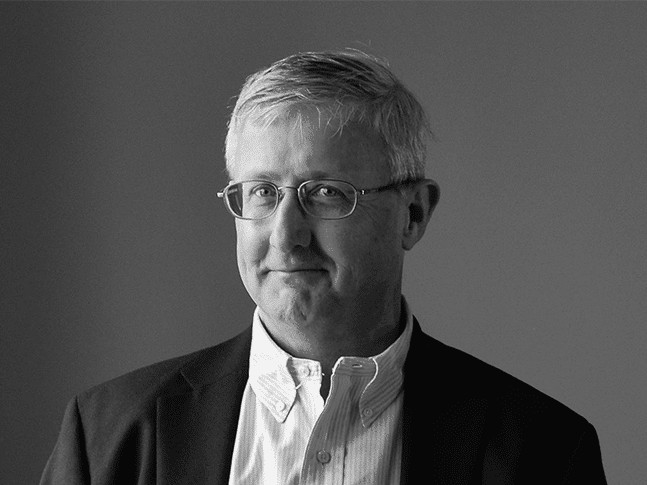Don’t throw away that hand sanitizer and those face masks just yet. Chances are you will need them when the next pandemic strikes.
In the not-too-distant future.
No, I am not referring to a new strain of Covid. This looming pandemic is different. For one, it’s of domestic origin; it can’t be blamed on a lab in Wuhan. Ground zero will almost certainly be a dairy farm in the US. I am talking about H5N1 Avian flu, commonly referred to as the “bird flu.”
First some background. Dairy herds throughout the country have been infected by H5N1 since at least March 2024, likely caused by migratory birds. How many herds are infected remains unclear, but at least 12 states have cows that have tested positive. Good numbers are hard to find. The federal government only requires that dairy cows be tested before they cross state lines. Not a common occurrence. State testing efforts are not much better. California, one of the more vigilant states, has detected H5N1 in 105 dairy farms . . . and counting.
The presence of H5N1 in dairy cows throughout the nation increases the chances of cow-to-human transmission. Or should I say, increased. The next pandemic has begun, albeit slowly. Eleven individuals in California have caught the disease. Nine of them worked on dairy farms but had no direct contact with the animals.
Over time, with cows left “untreated,” the virus will continue to mutate. Eventually, it will mutate into a strain that evolves from cow-to-human transmission to one that is transmitted among humans.
At the moment, H5N1 has a very poor survivability rate: 50%.
Like Covid, vaccines can be developed to combat this flu. Yet, like the Covid vaccines, they will take time to develop. Most flu vaccines are made using virus grown in eggs; it will take at least half a year to produce H5N1 pandemic shots.
So, be prepared for the next pandemic. The first 6 months are likely to be a Covid redux. Keep those masks handy.

Peter has spent the past twenty-plus years as an acting/consulting CFO for a number of small businesses in a wide range of industries. Peter’s prior experience is that of a serial entrepreneur, managing various start-up and turnaround projects. He is a co-founder of Keurig.




